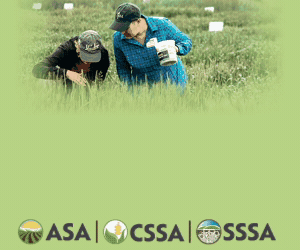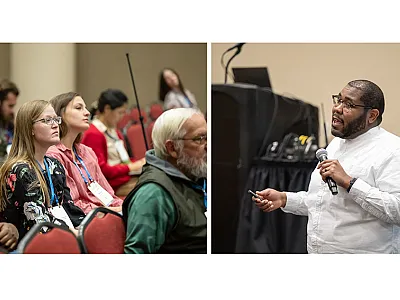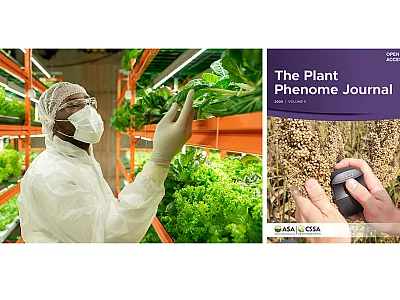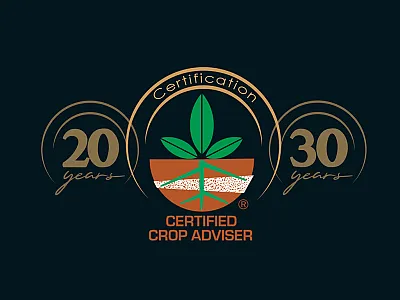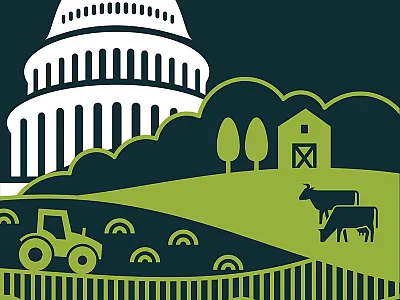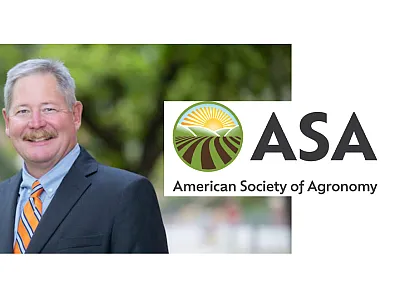Agricultural Coalition to Scale Up Agronomic Support for Soil- Building Practices
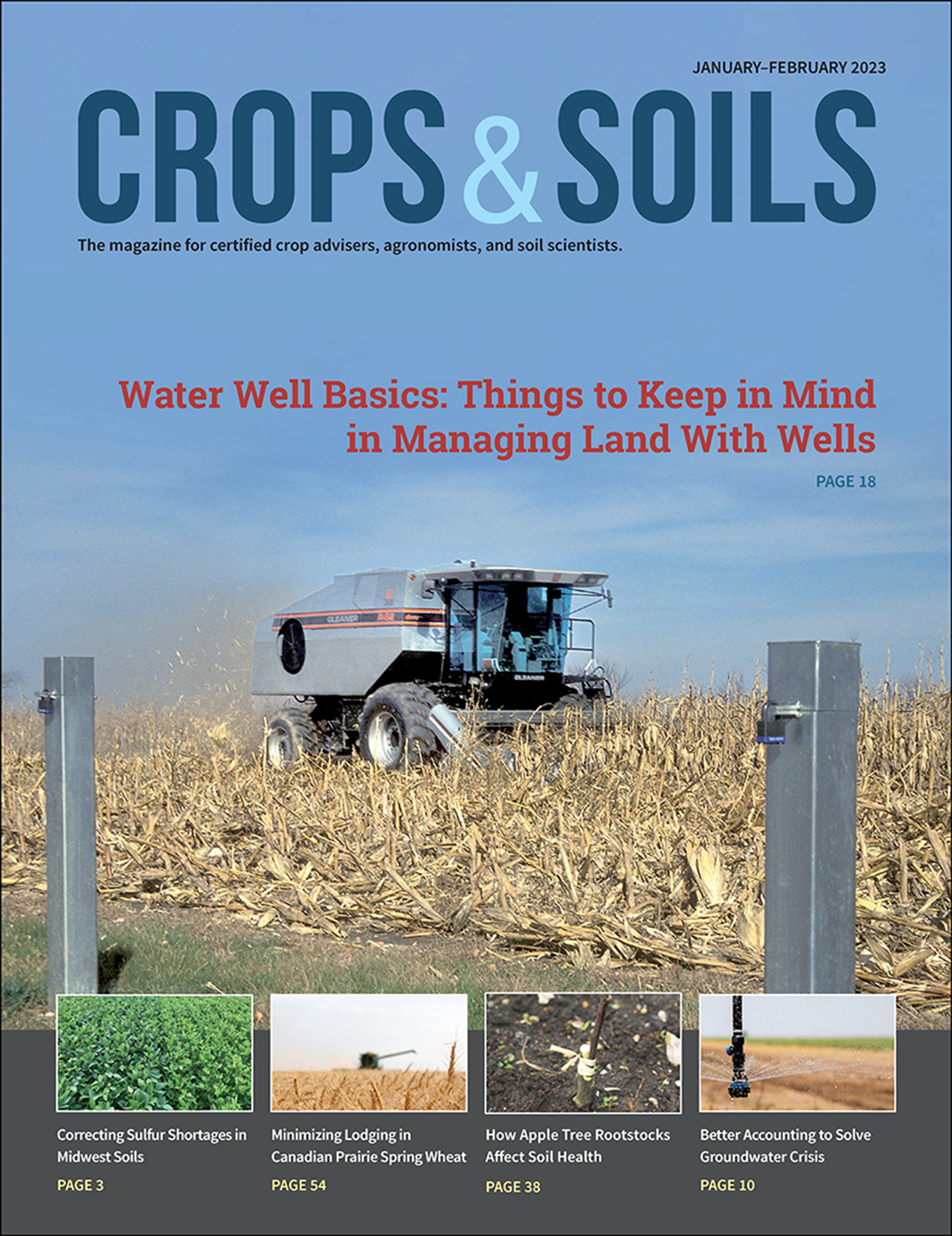
A consortium of leading food and beverage companies recently announced a commitment to expand regenerative agriculture across the U.S. through the formation of a robust network of independent farmer advisory services. Enabled by the collective investment of PepsiCo, King Arthur Baking, General Mills, Anheuser‐Busch, and Unilever, along with $1.6 million in grant funding from the Walmart Foundation to the Sustainable Food Lab, the Trusted Advisor Partnership aims to amplify the adoption of profitable stewardship practices. It will focus initially on North Dakota where wind and water erosion have stripped the state of 50% of its topsoil in some areas—resulting in annual productivity losses numbering in the tens of millions of dollars over the past 50 years.
Dr. Abbey Wick, North Dakota State University (NDSU) Associate Professor and Extension Soil Health Specialist, is the co‐lead on the project. In concert with colleagues—CCAs Jason Hanson (Rock and Roll Agronomy) and Dr. Lee Briese (Centrol Ag Consulting), monitoring and evaluation consultant Jean Haley (Haley Consulting Services), and Dr. Jason Harmon (NDSU Professor)—Wick is creating and delivering an interactive practicum that addresses a wide range of topics, including reduced tillage, cover cropping, and integrated pest management. Serving as project administrator, the Sustainable Food Lab, which specializes in designing place‐based ag sustainability strategy and farmer engagement programs, will simultaneously work with company partners to develop a set of financial incentives that flows through the program and further extends regenerative agronomy across thousands of acres.
Pivotal Role of Advisers
This investment in leading‐edge agronomy underscores the pivotal role of trusted advisers, like CCAs, in helping farmers navigate complex management decisions and challenging climatic conditions.
By the end of 2025, the project intends to reach 300,000 acres with its site‐specific, logistics‐based soil health training. An ultimate outcome will be a plug‐and‐play model for technical assistance that is translatable to other agricultural geographies and contexts, including tribal communities. In addition to expanding the number of participating CCAs from 10 to 30 by 2024, the initiative is actively looking to bring other contributors and fiscal supporters into the fold.
Agronomists, corporations, tribal groups, or nonprofit/environmental organizations with an interest in getting involved are highly encouraged to reach out to either Elizabeth Reaves (ereaves@sustainablefood.org) or Abbey Wick (abbey.wick@ndsu.edu) or visit https://trustedadvisorpartnership.com/.
Text © . The authors. CC BY-NC-ND 4.0. Except where otherwise noted, images are subject to copyright. Any reuse without express permission from the copyright owner is prohibited.


